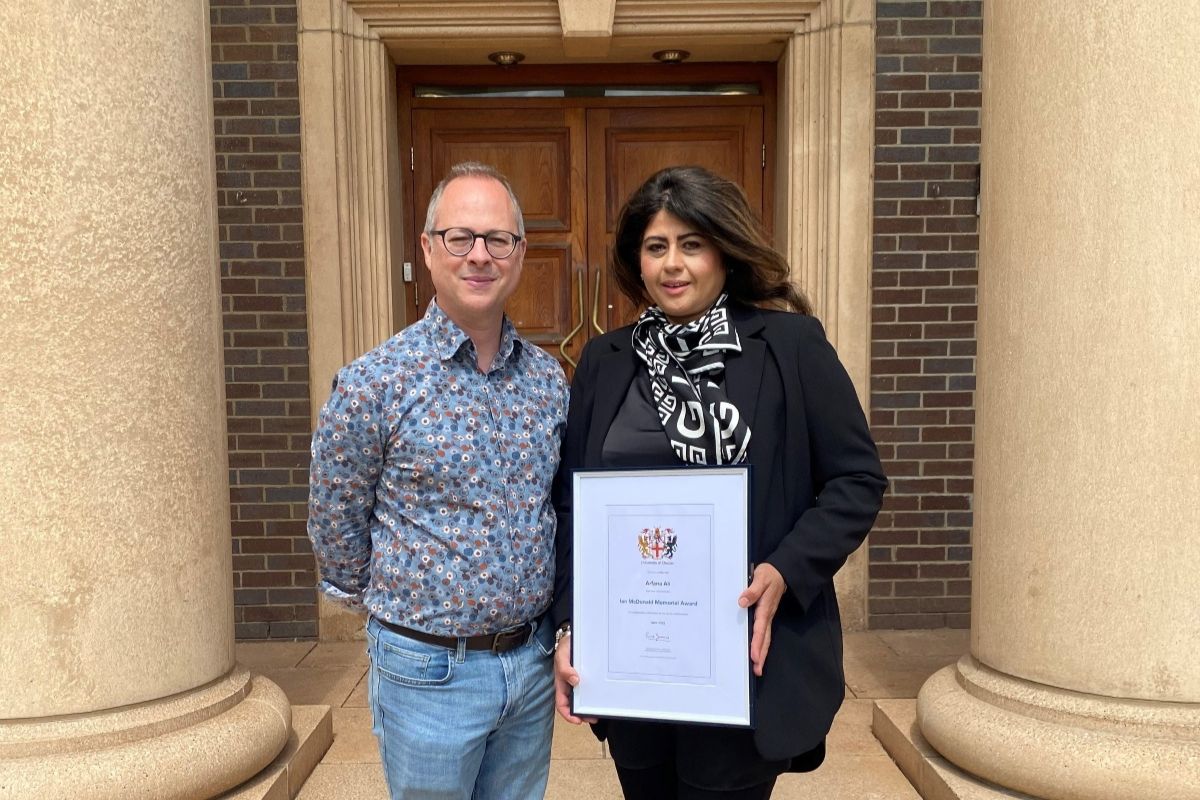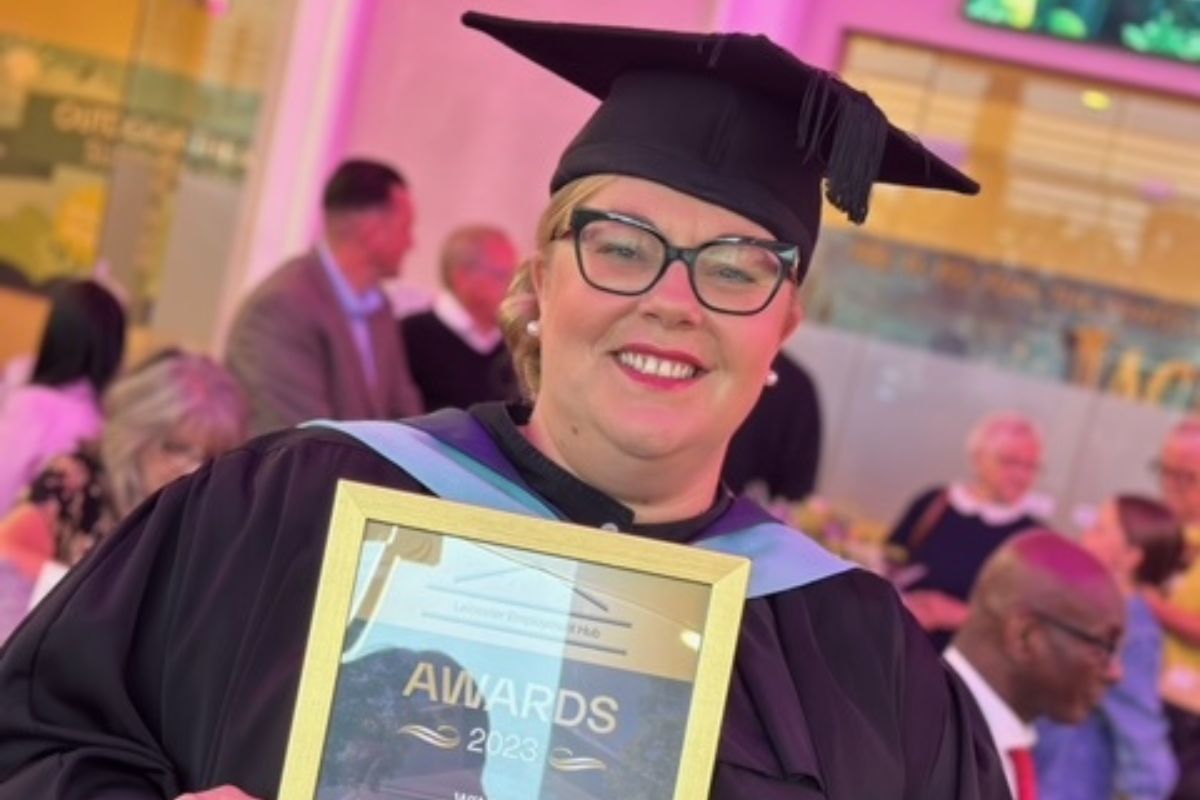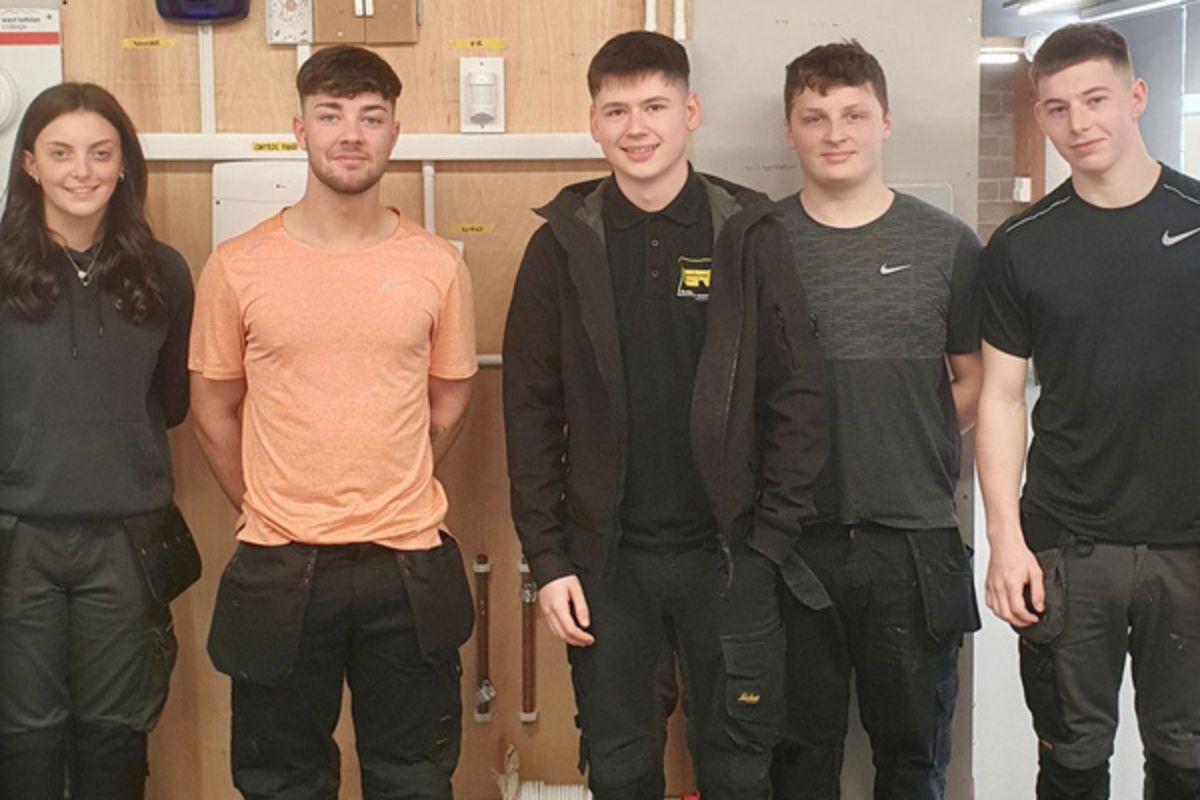Teaching schools and system leaders: get support for you and your school

System leaders: who they are and what they do.
Overview
One of the most effective ways of achieving school improvement (SI) is by working with other schools.
There are now many opportunities for school leaders and governors to work with and receive support from their peers. This guide summarises the options available to you and how to access them.
In January 2020 we announced the appointment of 6 test and learn teaching school hubs:
| School name | Trust name |
|---|---|
| Harrogate Grammar School, Harrogate | Red Kite Learning Trust |
| Kingsbridge Community College, Kingsbridge | Education South West |
| Silverdale School, Sheffield | Chorus Education Trust |
| Harris Academy Chafford Hundred, Chafford Hundred | The Harris Federation |
| Copthorne Primary School, Bradford | Exceed Academies Trust |
| Saffron Walden County High School, Saffron Walden | Saffron Academy Trust |
We are now speaking to schools about our plans to roll out teaching school hubs nationally later this year, which will succeed teaching schools from September 2021.
Teaching schools and system leaders will continue to support schools during this period.
How to find a system leader or teaching school
Use the school-to-school support directory to find and contact system leaders or teaching schools in your area.
Teaching schools
Teaching schools have an important role to play in a school-led system and in school improvement. Teaching schools are centres of excellence, prioritising:
- co-ordinating and delivering high quality school-based initial teacher training (ITT)
- providing high quality school-to-school support to spread excellent practice, particularly to schools that need it most
- providing evidence-based professional and leadership development for teachers and leaders across their network
In addition, teaching schools play a role as brokerage hubs for other system leaders, co-ordinating the supply and activity of national leaders of education (NLEs), national leaders of governance (NLGs) and specialist leaders of education (SLEs). They help prevent underperformance by supporting vulnerable schools and, where needed, help tackle underperformance and lead improvement in good schools.
Contact a teaching school
Schools are welcome to contact a teaching school to ask about what they can offer.
Use the school-to-school support directory to find teaching schools in your area. Contact details are available through the directory
Costs
There may be costs, depending on what type of support you need. You will negotiate any payment with the teaching school.
Further information
For more information about teaching schools, email [email protected]
National leaders of education (NLEs)
NLEs are outstanding headteachers who, together with the staff in their national support school, use their skills and experience to support schools in challenging circumstances. In addition to leading their own schools, NLEs work to increase the leadership capacity of other schools to help raise standards.
The primary funded function of NLEs is to deliver the school improvement support offer on behalf of the department. NLEs deliver support to underperforming schools, helping them to identify and address areas in need of improvement, including:
- leadership
- governance
- financial health
We have reviewed the NLE programme, as set out in the teacher recruitment and retention strategy , to ensure that our system of school improvement is as strong as possible.
As part of this review, we established an external NLE advisory group, comprising senior leaders from the academy and maintained sectors and a senior civil servant:
| Name | Organisation | Role |
|---|---|---|
| Ian Bauckham | Tenax Schools Trust | Chair |
| Amarjit Cheema | Perry Hall MAT | Member |
| Paul Cohen | Department for Education (DfE) | Member |
| Leora Cruddas | Confederation of School Trusts (CST) | Member |
| Richard Gill | Teaching Schools Council (TSC) | Member |
| Stuart Lock | Advantage Schools/ Bedford Free School | Member |
| Paulette Osborne | St Matthew’s CofE Primary | Member |
| Luke Sparkes | Dixons Academies Trust | Member |
The conclusions from the review are published in the advisory group’s report.
We have also published a set of NLE standards, developed by the advisory group, to ensure that all designated NLEs have the necessary attributes and knowledge to support underperforming schools to improve. From Autumn 2020, we will begin the process of designating a new cadre of NLEs who have a specific remit to support school improvement.
Contact an NLE
If you think that your school would benefit from the support of an NLE, you should use the school-to-school support directory to find NLEs in your area.
Contact details are available through the directory.
Whilst the department funds NLEs to deliver the SI offer to eligible schools, depending on their capacity, NLEs can also support schools outside the offer.
You can also find information about school improvement support for the 2019 to 2020 academic year.
Costs
There may be costs, depending on what type of support you need. Any payments will be negotiated between you and the NLE’s school.
Further information
For more information about NLEs, email [email protected]
National leaders of governance (NLGs)
NLGs are highly effective chairs of governors who use their skills and experience to provide coaching and mentoring support to another chair of governors to improve school and academy performance.
NLGs provide a valuable role in helping support governance in schools to provide confident and strong strategic leadership. As part of the wider system leadership review, the department is considering how we can ensure the quality of system leadership remains as high as possible.
To help us to do this, we have appointed a balanced and representative expert group, made up of members who have specific experience and expertise across all school sectors and stages. Alongside the expert group, we will be conducting further engagement with stakeholders, to ensure that we have consulted widely as we undertake this review.
Contact an NLG
You should contact an NLG if you want to improve the leadership and performance of your school’s governing body.
Examples of deployments:
- mentoring of chair and/or members of the school’s governing body
- external reviews of governance (NLGs who have completed DfE training)
- chair or membership of an interim executive board
- chair or leadership role of governing body of school/multi-academy trust where the school has been identified as needing urgent additional governance capacity
Use the school-to-school support directory to find national leaders of governance in your area. School details are available through the directory.
Alternatively email [email protected] and we will arrange for an NLG regional lead to contact you to discuss your requirement
Costs
NLGs are expected to provide effective support to at least one school per year. After providing the equivalent of 5 days of free support NLGs may charge for support. Any costs must be negotiated between you and the NLG.
Time commitment for you and your governors
The NLG will work directly with your school’s chair of governors. Their support can include:
- phone calls
- emails
- face-to-face meetings
The time can be spent across full or partial days, during evenings or at weekends.
Further information
For more information about NLGs, email [email protected]
Local leaders of education (LLEs)
The DfE no longer designate LLEs. Teaching schools have the freedom to recruit and designate school leaders in this role as they already do with specialist leaders of education (SLEs).
For more information, read the local leaders of education news story.
Specialist leaders of education (SLEs)
SLEs are experienced middle or senior leaders with a specialism (for example, mathematics, ITT, behaviour).
While other roles (for example, advanced skills teachers) focused on developing classroom expertise, this role is about developing other leaders so that they have the skills to lead their own teams and improve practice in their own schools.
You should contact an SLE if you want to improve the leadership in a specific subject or specialist area in your school.
SLEs can provide one-to-one or group support. Their work could involve a variety of activities, such as:
- data analysis
- coaching
- facilitating and training
- joint action planning
SLE specialisms cover the 4 areas of focus for Ofsted.
| Ofsted focus | Areas of expertise |
|---|---|
| Leadership and management | Academies and academy transition; assessment; leadership of continuing professional development; school business management and financial management; leadership of curriculum |
| Pupil achievement | Art; closing the gap; drama; design and technology; early years; English; geography; history; information and communication technology; maths; modern foreign languages; music; phonics; physical education; personal, social and health education; religious education; science; special educational needs; support for the most able pupils |
| Quality of teaching | Initial teacher training and newly qualified teacher development |
| Behaviour and safety | Behaviour and discipline; attendance |
Contact an SLE
Teaching schools manage the placements for SLEs. A teaching school in your area will send the SLE to work with staff in your school.
Use the school-to-school support directory to find teaching schools in your area, then browse the subjects that SLEs cover in those schools. Contact details are available through the directory. You can contact the teaching school directly.
Costs
You will usually need to pay the teaching school for an SLE’s time. Payment for SLE services is negotiated by you and the teaching school.
Time commitment for you or your staff
This will vary according to the project, level of support required and number of your staff involved. For example, one project might be a 2-day diagnostic exercise, while another might require a 3-month, full-time support role. Time may be taken as a block of consecutive days or spread over a longer period.
Further information
For more information about SLEs, contact your local teaching school alliance.
Pupil premium reviews
A pupil premium review looks at how a school is spending its pupil premium funding. As a reviewer, system leaders will work with you to improve your school’s pupil premium strategy so the funding is spent on approaches shown to be effective in improving the achievement of disadvantaged pupils. They will carry out a focused review of your school’s current provision and work with you to put in place an improved strategy, including planned spend, on specific evidence-based approaches.
Who leads a pupil premium review?
The DfE designates system leaders as pupil premium reviewers. Reviewers have a track record in making a difference with disadvantaged pupils. These system leaders are responsible for the delivery of an effective review, and will usually hold an initial discussion with the head teacher of the commissioning school. Beyond this, reviewers may deploy other members of their leadership team with expertise in this area, including middle leaders and SLEs, to lead aspects of the review.
Costs
Commissioning schools or academy trusts pay for their pupil premium review. The cost is a matter for agreement between your and the commissioning school / academy trust, but should reflect the amount of time involved. There is no set cost for a review and the DfE have no set day rates for system leaders, but as a guide, day rates should reflect pay and expenses for a senior leader or headteacher, including the costs incurred by their school to release them. A typical day rate for a system leader is currently between £300 and £500.
Time commitment for you and your governors
An effective pupil premium review will usually take between two and four days. This includes a day spent by your school undertaking self-evaluation, and a half-day follow-up visit. Reviewed schools have attested to the value of further follow-up visits later in the year, once changes have had time to bed in.
Further information
For more information, visit our pupil premium reviewer pages.
Teaching Schools Council
The Teaching Schools Council plays a key role in ensuring every child in every part of the country has access to a good school. It does this by working with regional and national partners to ensure high quality ITT, high quality professional and leadership development opportunities and effective school-to-school support.
Teaching Schools Council representatives work with regional schools commissioners to help deliver school improvement on the ground, and with other agencies such as Ofsted, local authorities and dioceses. The Teaching Schools Council has a national strategic presence complemented by local partnerships that can draw in wider resources.
The Teaching Schools Council is made up of 19 representatives, all of whom are serving school leaders of designated teaching schools (CEOs of MATs, executive heads, headteachers or directors of teaching schools). All representatives have either a regional or national facing role.
Teaching Schools Council regional networks
The Teaching Schools Council regional representatives have developed regional and sub-regional networks to enable coherent and effective practice for school based ITT, evidence-based professional development and school-to-school support. Teaching Schools Council regional representatives and their networks provide essential support to all teaching school alliances and system leaders including supporting the brokerage of support to schools that need it most through the school improvement offer.
Further information
For more information regarding the work of the Teaching Schools Council or to contact a representative, visit the Teaching Schools Council website.
Published 25 March 2014
Last updated 25 February 2020 + show all updates
-
Updated information throughout the page including adding a list of 6 teaching school hubs, adding a list of NLE advisory group members and updating information on teaching schools, NLEs and NLGs.
-
Added information about the teaching schools hubs trial and the continuation of existing support for the time being.
-
Updated email contacts.
-
Removed contact details for teaching school and system leader help desk.
-
Survey added to capture your views on our support for schools content and how you access support in your area.
-
Linking through to the latest Teaching schools: the school perspective report.
-
Updated the list of SLEs with a designated specialism
-
First published.












Responses